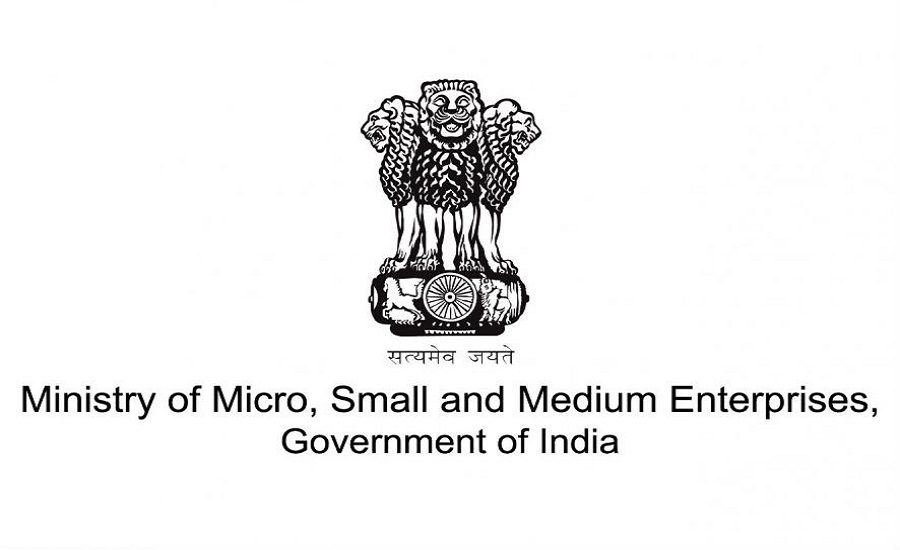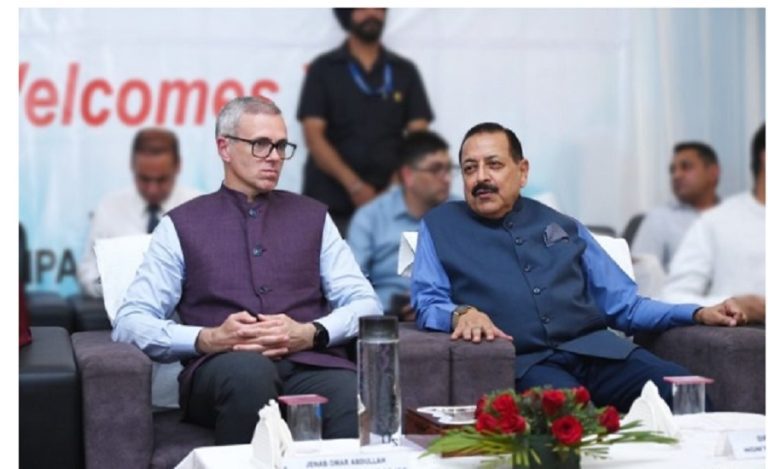New Delhi: Union Minister of State for Micro, Small and Medium Enterprises (MSME) Shobha Karandlaje highlighted the critical role of the MSME sector in India’s economic growth, stating that it contributes 40% to the country’s total production volume and exports. She made the remarks while inaugurating the MSME Marketing Summit organized jointly by National Small Industries Corporation Ltd (NSIC) and the Karnataka Small Scale Industries Association (KASSIA).
Addressing the gathering, the Minister said the MSME sector is a driving force behind India’s progress and has been actively contributing to key sectors including agriculture, food processing, defence, space, and artificial intelligence.
Skill Development & Viksit Bharat Vision
To further empower the sector, Karandlaje said the government, under the leadership of Prime Minister Narendra Modi, launched a dedicated Skill Training Division. The division focuses on equipping women and youth with globally competitive skills through various training programs and government schemes.
In a major announcement, the Minister revealed plans to establish a world-class training centre in the Peenya Industrial Area of Bengaluru, Karnataka — a move expected to boost skill development and entrepreneurship in the region.
Call for Swadeshi and Atmanirbhar Bharat
Shobha Karandlaje emphasized the need for a ‘Swadeshi mindset’, urging stakeholders to contribute toward the vision of a self-reliant (Atmanirbhar) India. She also reaffirmed the government’s commitment to building a “Viksit Bharat” by 2047, marking 100 years of Indian independence.
Improved Market Access and Quality Standards
The Minister noted that the government has prioritized the promotion of local markets, as well as improved access to the Government e-Marketplace (GeM) and international platforms to boost MSME product visibility and ease of doing business.
She further stressed the importance of meeting global export-quality standards to ensure that Indian-made products remain competitive in the global market.
Highlighting sustainability, Karandlaje encouraged the production of organic food products to build a healthier society and cater to the growing global demand for natural and eco-friendly products.






























